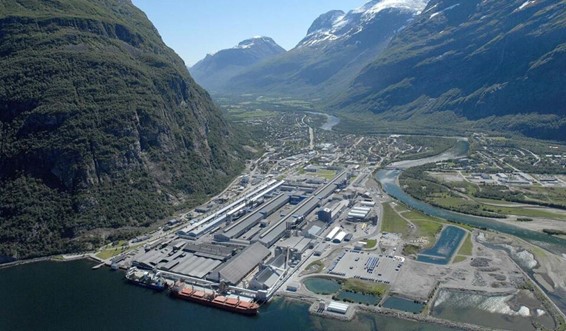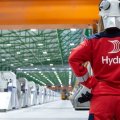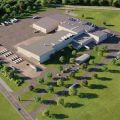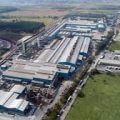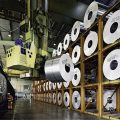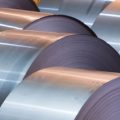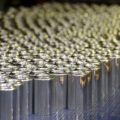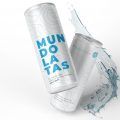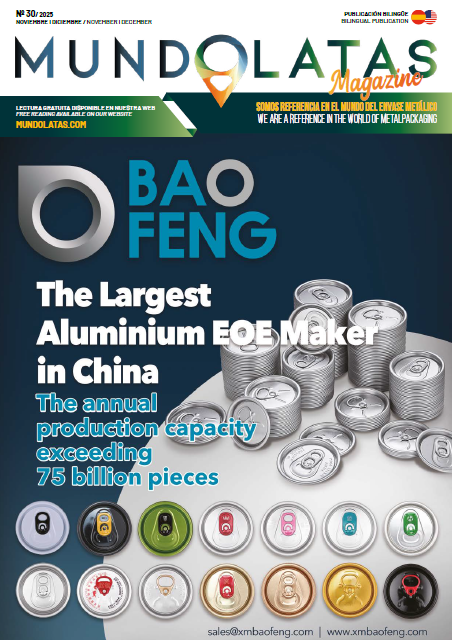The multinational Hydro has announced a new investment plan. It will spend 73 million euros on Hydro Sunndal in order to strengthen the plant’s position as Europe’s largest aluminium plant and as a supplier of low-carbon aluminium for decades to come.
Hydro Sunndal in Western Norway is Europe’s largest aluminium smelter and producer of low carbon aluminium. This economic injection will be used for the replacement, upgrading of the existing rectifier and high voltage system, new service cranes, as well as the electrification of operating vehicles to improve their competitiveness.
Eivind Kallevik, Executive Vice President of Hydro Aluminium Metal emphasizes that “this is an investment in Hydro Sunndal’s future and shows our commitment to low-carbon hydro-based aluminium as an enabler for the green transition. Hydro Sunndal will continue to be a leading producer of low carbon Hydro Reduxa aluminium for the automotive and building and construction segments for many years to come”.
He adds that “Hydro Sunndal is not only the largest and most modern aluminium production facility in Europe, it is also an important cornerstone in the region, with more than 700 highly competent employees. The plant makes an important contribution to Hydro’s sustainability and profitability ambitions and will continue to do so in the future.
Hydro Sunndal has two primary aluminium production lines, SU3 and SU4, with a combined capacity of 450,000 tonnes of liquid metal per year. The investment is directed towards SU3, where seven new rectifier groups will be installed, ensuring a robust power supply to the production line well beyond 2040.
In addition, seven of the vehicles currently in operation will be replaced by electric vehicles, which will reduce diesel consumption by 250,000 litres per year. Four service cranes will also be refurbished.
Hydro has also decided to invest in Deeside, UK, in order to increase its recycling capacity. Specifically, it will invest 2.8 million euros in its recycling plant. This investment will increase the plant’s aluminium recycling capacity to 70,000 tonnes per annum and will strengthen Deeside’s position in the UK extrusion ingot market, providing customers with increased recycled content from the first quarter of 2023.

